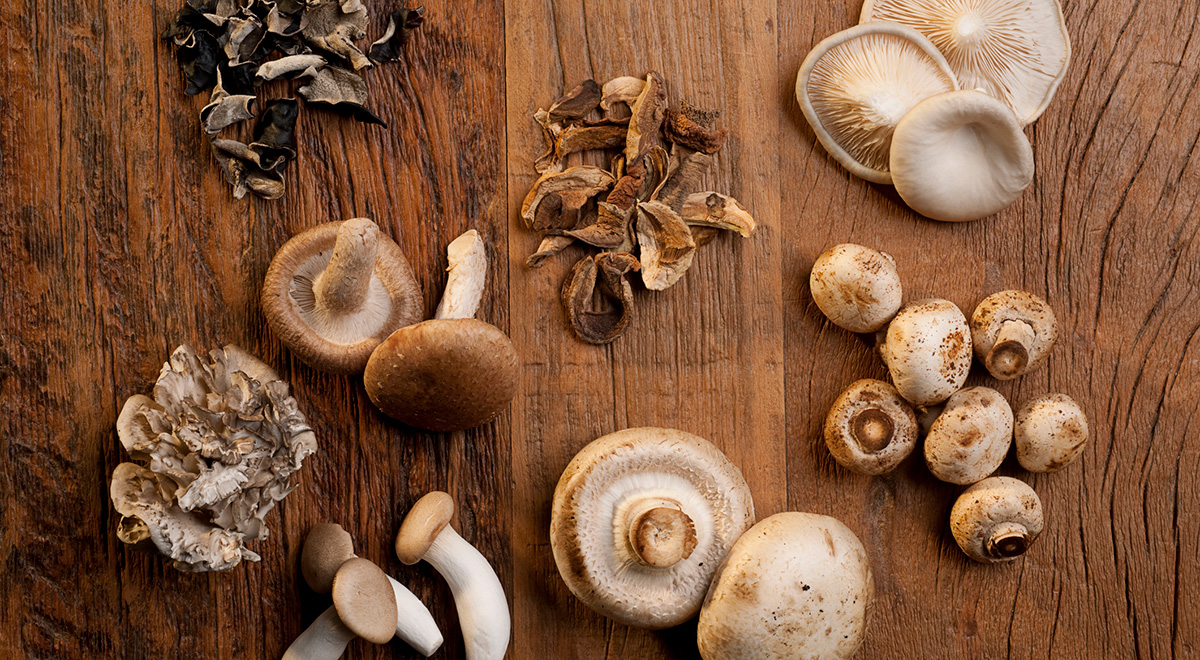A little fungus known to science as hericium erinaceus – and more popularly as the “lion’s mane” mushroom – appears to have some amazing properties that could provide an attractive substitute for overpriced and over-prescribed medications, many of which are of dubious efficacy and even can cause dangerous side effects.
Use of lion’s mane dates back several centuries as part of traditional Chinese medicine, practitioners of which have long used it to support overall health and vitality. Now, modern science is uncovering evidence of the benefits that lion’s mane offers.
It has long been claimed that the lion’s mane mushroom is a “superfood” that can aid concentration. A scientific study published in January 2017 has shown lion’s mane to stimulate the production of nerve growth factor (NGF), an amino acid compound found in the brain that assists in the maintenance of neurons. Those neurons are what enable the brain to process and transmit information. Stimulating NGF production can help people diagnosed with ADHD to better focus on tasks at hand. Furthermore, researchers discovered five years ago by using Lion’s Mane to increase NGF levels, it is possible to stop of the progress of neurodegenerative disorders such as Alzheimer’s and Parkinson’s.
That is good news for diabetics who suffer from nerve damage (neuropathy), a common complication with diabetes. However, the benefits to Type-2 diabetics goes further than that. A study published this past April in the International Journal of Biological Macromolecules found that consumption of lion’s mane mushrooms can improve insulin sensitivity, lowering high blood sugar levels by as much as 50% in as little as four weeks. This indicates that lion’s mane could very well turn out to be as effective as drugs such as canagliflozin – without the dangerous side effects.
Additional benefits include lion’s mane proven ability to reduce chronic inflammation, particularly in the gastrointestinal tract. Such inflammation can lead to diseases of the bowel, including Crohn’s Disease, colitis and inflammatory bowel syndrome. This can also help reduce chronic inflammation in the cardiovascular system. At the same time, compounds in lion’s mane can help to improve overall circulation and may even reduce LDL cholesterol levels.
Getting back to the effects of lion’s mane on the brain, a Japanese study published in 2010 found that consuming this mushroom enabled patients to reduce their levels of depression and anxiety within a month. Considering the serious side effects of antidepressants such as Abilify and Prozac, the importance of this discovery should not be overlooked, and certainly requires further investigation and research.

